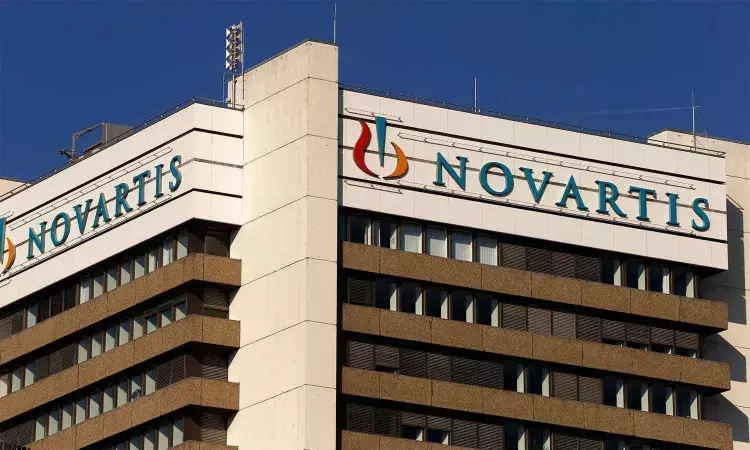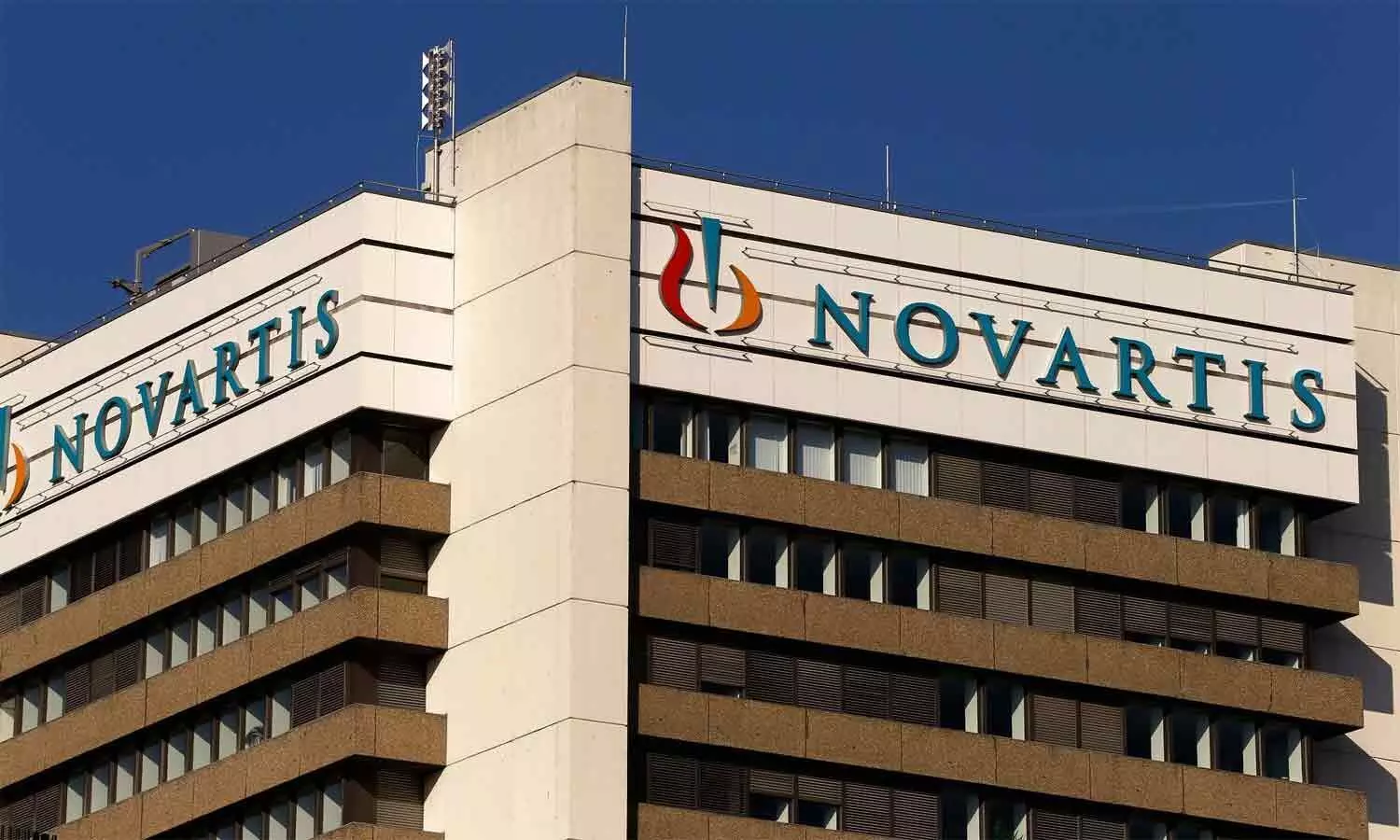- Home
- Medical news & Guidelines
- Anesthesiology
- Cardiology and CTVS
- Critical Care
- Dentistry
- Dermatology
- Diabetes and Endocrinology
- ENT
- Gastroenterology
- Medicine
- Nephrology
- Neurology
- Obstretics-Gynaecology
- Oncology
- Ophthalmology
- Orthopaedics
- Pediatrics-Neonatology
- Psychiatry
- Pulmonology
- Radiology
- Surgery
- Urology
- Laboratory Medicine
- Diet
- Nursing
- Paramedical
- Physiotherapy
- Health news
- Fact Check
- Bone Health Fact Check
- Brain Health Fact Check
- Cancer Related Fact Check
- Child Care Fact Check
- Dental and oral health fact check
- Diabetes and metabolic health fact check
- Diet and Nutrition Fact Check
- Eye and ENT Care Fact Check
- Fitness fact check
- Gut health fact check
- Heart health fact check
- Kidney health fact check
- Medical education fact check
- Men's health fact check
- Respiratory fact check
- Skin and hair care fact check
- Vaccine and Immunization fact check
- Women's health fact check
- AYUSH
- State News
- Andaman and Nicobar Islands
- Andhra Pradesh
- Arunachal Pradesh
- Assam
- Bihar
- Chandigarh
- Chattisgarh
- Dadra and Nagar Haveli
- Daman and Diu
- Delhi
- Goa
- Gujarat
- Haryana
- Himachal Pradesh
- Jammu & Kashmir
- Jharkhand
- Karnataka
- Kerala
- Ladakh
- Lakshadweep
- Madhya Pradesh
- Maharashtra
- Manipur
- Meghalaya
- Mizoram
- Nagaland
- Odisha
- Puducherry
- Punjab
- Rajasthan
- Sikkim
- Tamil Nadu
- Telangana
- Tripura
- Uttar Pradesh
- Uttrakhand
- West Bengal
- Medical Education
- Industry
Novartis gets CDSCO panel nod to conduct phase 3 study of anti-cancer drug Asciminib

New Delhi: In a significant development, major drug-maker Novartis has got a go ahead from the Subject Expert Committee (SEC) functional under the Central Drugs Standard Control Organization (CDSCO) to conduct a Phase 3 clinical trial of Asciminib, a Tyrosine Kinase Inhibitor (TKI) for the treatment of Philadelphia Chromosome Positive Chronic Myelogenous Leukemia in Chronic Phase.
This came in wake of the Phase III clinical trial protocol presented by Novartis at the recent SEC meeting for Oncology and Haematology.
Asciminib is an orally bioavailable, allosteric Bcr-Abl tyrosine kinase inhibitor with potential antineoplastic activity.
Asciminib exerts its therapeutic activity by inhibiting an oncogenic protein responsible for the proliferation of CML (Chronic myelogenous leukemia). It is an inhibitor of the ABL1 kinase activity of the BCR-ABL1 fusion protein which serves as a driver of CML proliferation in most patients with the disease.
Medical Dialogues Team had earlier reported that Novartis had announced that the US Food and Drug Administration (FDA) had approved Scemblix (asciminib) for the treatment of chronic myeloid leukemia (CML) in two distinct indications.
Also Read: Novartis Scemblix Gets USFDA Nod For Chronic Myeloid Leukemia
Furthermore, it was said that Scemblix is the first FDA-approved CML treatment that works by binding to the ABL myristoyl pocket, and represents an important development for patients who experience resistance and/or intolerance to currently available TKI therapies. Also known as a STAMP inhibitor in the scientific literature, Scemblix is being studied across multiple treatment lines for CML-CP, including the ASC4FIRST Phase III study evaluating Scemblix as a first-line treatment.
At the recent SEC meeting, describing the risk versus benefit to the patients, the committee noted the safety profile of the study drug from preclinical and clinical studies justify the conduct of the trial.
Further, in accordance with the unmet medical need in the country, the committee stated that the drug to be used for the treatment of Philadelphia Chromosome Positive Chronic Myelogenous Leukemia in Chronic Phase
Analyzing the innovation vis-a-vis existing therapeutic option, the SEC meeting minutes added that the study is to compare the efficacy of Asciminib versus Investigator selected TKI with respect to the proportion of patients that are in Major Molecular Response (MMR) at Week 48.
In addition to this, the minutes of the SEC meeting stated that the purpose of the study is to compare the efficacy of Asciminib versus investigator-selected TKI, within the stratum of patients with Imatinib as the pre-randomization selected TKI, with respect to the proportion of patients that are in MMR at Week 48.
After detailed deliberation, the committee recommended for grant of permission to conduct the Phase III clinical trial.


